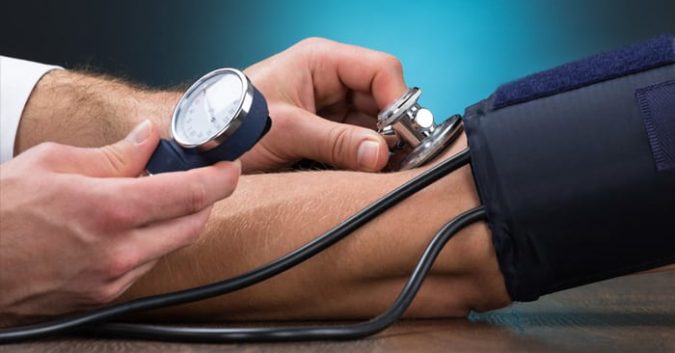Millions of Americans rely on a common heart medication that may be carcinogenic, according to the U.S. Food and Drug Administration (FDA), Health Canada, and other health agencies around the world.
In an FDA press announcement on Friday, July 13, the U.S. joined 21 other nations in recalling some medications containing valsartan, a common drug ingredient that is used to treat high blood pressure and to help prevent heart failure.
The FDA’s recall is voluntary and has been issued due to an impurity of N-nitrosodimethylamine (NDMA), which was discovered in the certain valsartan medications being recalled.
Not all products containing the active ingredient valsartan are being recalled, and patients are advised to continue use of their current medication – even if it is on the list of products being recalled – until a suitable replacement has been identified by their doctor or medical professional.
Is Valsartan Dangerous?
Though some valsartan-containing drugs have been recalled, not all valsartan medications are presumed to be dangerous. The impurity, NDMA, was identified in the specific products listed below. NDMA is classified by the Environmental Protection Agency (EPA) as a probable carcinogen, meaning it is a substance that could cause cancer.
Discovering NDMA in the valsartan products listed below was a surprise for the FDA, which now suspects the presence of NDMA is due to “changes in the way the active substance was manufactured.”
The following 5 products contain NDMA and are being recalled by the FDA:
- Valsartan (manufactured by Major Pharmaceuticals)
- Valsartan (manufactured by Solco Healthcare)
- Valsartan (manufactured by Teva Pharmaceuticals Industries, Ltd.)
- Valsartan/Hydrochlorothiazide (HCTZ) (manufactured by Solco Healthcare)
- Valsartan/Hydrochlorothiazide (HCTZ) (manufactured by Teva Pharmaceuticals Industries, Ltd.)
The impurity, NDMA, is an organic chemical that belongs to a group of dangerous carcinogens. It is the same ingredient used for making liquid rocket fuel, softeners, and lubricants; it’s also a common byproduct of the pesticide manufacturing process. As noted by CNN and other news outlets, due to the chemical reactions that occur on a molecular level, sometimes NDMA is created unintentionally.
According to the U.S. Department of Health and Human Services (DHHS), high levels of exposure to NDMA are toxic and can lead to liver damage and even cause tumors to form in the liver, kidney or respiratory tract.
Valsartan: The Heart Medication Recall
In a statement, the FDA vowed to continue its review of valsartan. FDA Commissioner Scott Gottlieb, M.D. said:
“When we identify lapses in the quality of drugs and problems with their manufacturing that have the potential to create risks to patients, we’re committed to taking swift action to alert the public and help facilitate the removal of the products from the market. As we seek the removal of certain drug products today, our drug shortages team is also working hard to ensure patients’ therapeutic needs are met with an adequate supply of unaffected medications.”
As was previously stated by doctors and health services agencies in Canada and the U.K., Dr. Janet Woodcock, director of the FDA’s center for Drug Evaluation and Research, echoed their sentiments: “We have carefully assessed the valsartan-containing medications sold in the United States, and we’ve found that the valsartan sold by these specific companies does not meet our safety standards. That is why we’ve asked these companies to take immediate action to protect patients.”
FDA Offers Advice on Recall Procedure
The FDA’s investigation will focus on the levels of NDMA in the recalled products, as well as assessing the possible effects on patients who have been taking them. The agency will also look at what possible measures can be taken right now to ensure that future batches of the recalled valsartan medications do not include carcinogenic NDMA.
Again, it is crucial to remember that not all valsartan drugs are part of the FDA’s recall. Even if you take a valsartan product that has been recalled, do not stop use immediately, as doing so could be dangerous. First consult your prescribing doctor to make arrangements for a safer alternative. If the information on your prescription bottle does not offer the specific company name and/or the specific drug name, you should contact the pharmacy from where you obtained the medication to ask.
If you are taking one of the medications identified by the FDA to contain NDMA, please follow the recall instructions as posted on the FDA’s website.
